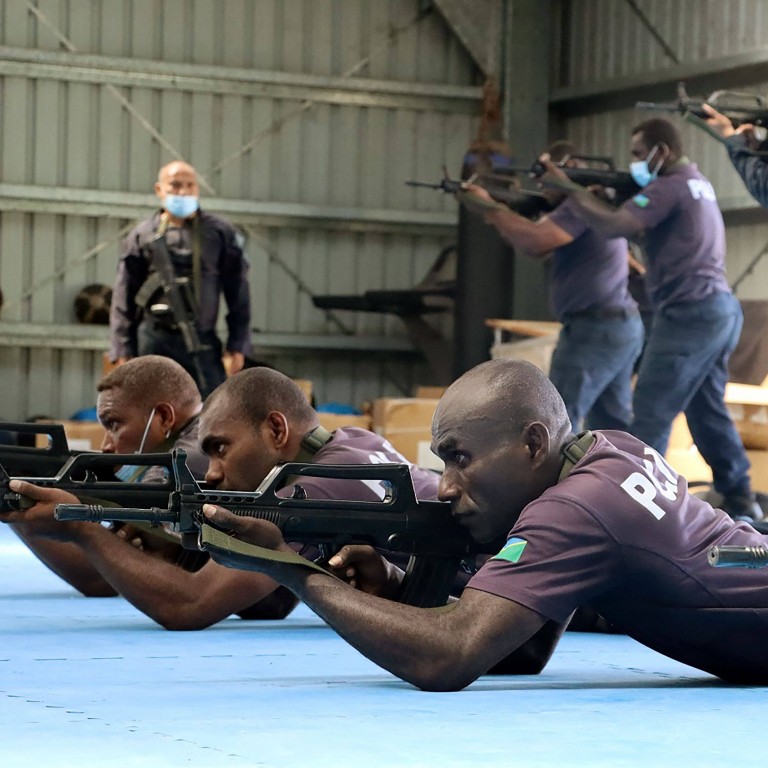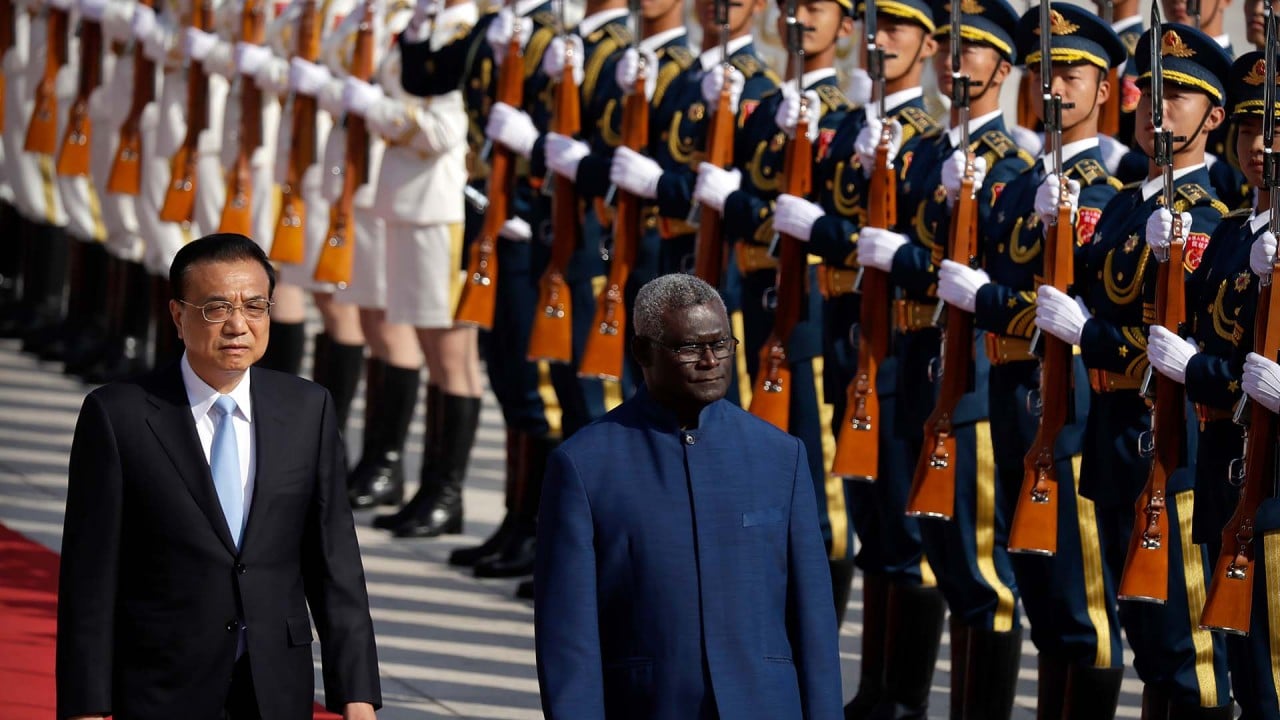
Australia pushes Pacific police force to check China’s regional ambitions
The policing initiative comes amid concerns over China’s expanding police presence in Pacific island nations, particularly Solomon Islands
Pacific island leaders endorsed a landmark regional policing plan on Wednesday at a summit in Tonga, a contentious move seen as trying to limit China’s security role in the region.

Tongan Prime Minister Siaosi Sovaleni, the summit host, said the initiative would plug regional security gaps and tackle emerging threats like organised crime.
“Tonga, like many other countries, are facing a number of transnational security challenges, including seeing an increase in drug trafficking within the Pacific in recent years” he said.
According to Mihai Sora of the Lowy Institute, a Sydney-based think tank, Wednesday’s announcement was a diplomatic victory for Australia and for the Pacific Islands Forum, a regional bloc which had appeared deeply divided on the topic.
While all members of the forum have endorsed the deal in principle, national leaders will have to decide how much they participate, if at all.
Tonga’s Sovaleni said Pacific nations will “have the discretion to choose how they would contribute to and benefit”.

Policing, however, has increasingly become a cornerstone of Beijing’s efforts to build Pacific influence.
China now maintains a small but conspicuous police presence there, sending a revolving cadre of officers to train locals in shooting and riot tactics.
Gleaming new police vehicles roam the capital Honiara emblazoned with the Royal Solomon Islands Police Force badge and stark red “China Aid” stickers.
There are fears in Washington that China may one day parlay these agreements into a permanent military foothold in the region.
According to the Lowy Institute’s Sora, Canberra will hope it helps “close the window for China to seek a regional security agreement”.
PNG’s Foreign Minister Justin Tkatchenko said on Wednesday that his country was keen to “work together with Australia” to implement the proposal.
But others signalled lingering misgivings.
Top Solomon Islands’ diplomatic official Colin Beck said that Honiara would have domestic discussions about the plan before anything is finalised.
“We have a national process that we have to dive into it,” said Beck, permanent secretary of the Ministry of Foreign Affairs.
“We are basically reviewing our national security strategy and everything, so it will be part of the conversation,” he said.
“The matter is still going on. The forum is not yet done.”

.png?itok=arIb17P0)
